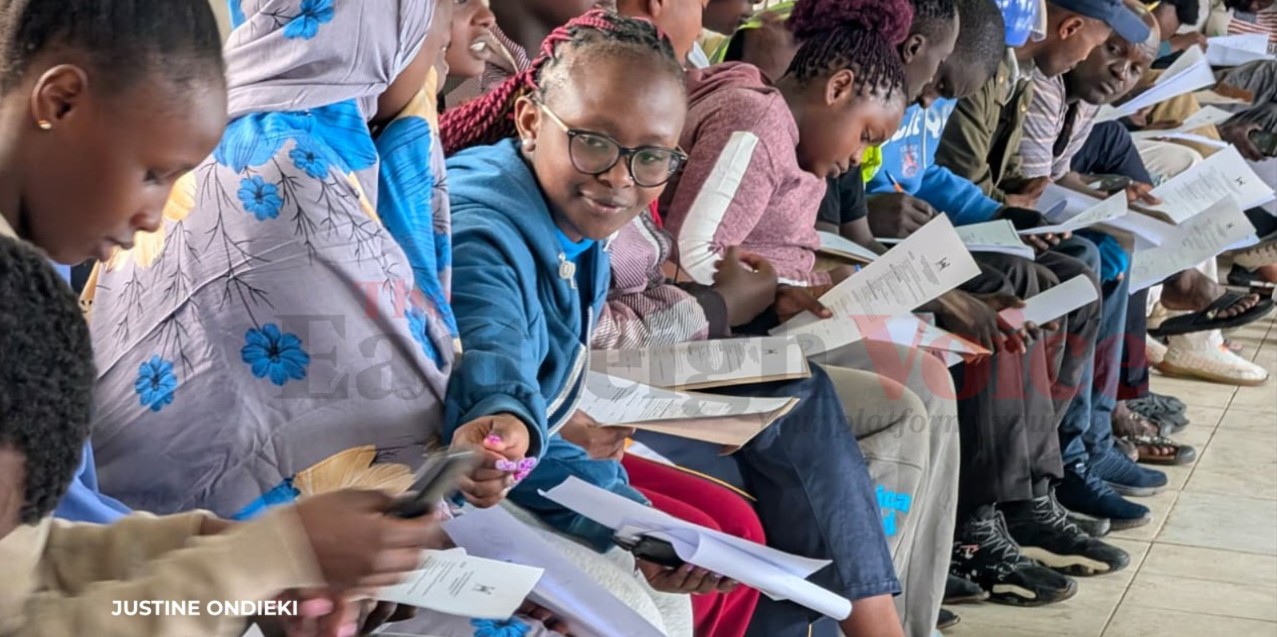WHO urges countries to protect health budgets amid aid reductions

According to the WHO, health aid is expected to fall by 30 to 40 per cent in 2025 compared with 2023, threatening essential health services in many low- and middle-income countries.
The World Health Organisation (WHO) has released new guidance to help countries respond to sudden external cuts in health funding that are disrupting essential services, including maternal care, vaccinations, disease surveillance, and emergency preparedness.
Titled "Responding to the health financing emergency: immediate measures and longer-term shifts," the guidance offers governments practical steps to protect health budgets, prioritise care for the most vulnerable and make better use of available resources.
More To Read
- WHO review finds no link between childhood vaccines and autism
- Traditional medicine is now a global reality: WHO
- WHO warns tobacco use threatens fertility in men, women
- Malaria: Drug resistance and underfunding threaten progress towards eliminating killer disease
- Sudan’s crisis deepens with communities trapped in ‘siege conditions’
- Adult obesity treatment enters new era with WHO-endorsed GLP-1 drugs
According to the WHO, health aid is expected to fall by 30 to 40 per cent in 2025 compared with 2023, threatening essential health services in many low- and middle-income countries.
Survey data from 108 such nations collected in March 2025 also shows that critical programmes have already been cut by as much as 70 per cent, while more than 50 countries reported job losses among healthcare workers and disruptions to training programmes, leaving health systems under increasing strain.
"Sudden and unplanned cuts to aid have hit many countries hard, costing lives and jeopardising hard-won health gains," said Dr Tedros Adhanom Ghebreyesus, WHO Director-General.
"But in the crisis lies an opportunity for countries to transition away from aid dependency towards sustainable self-reliance, based on domestic resources. WHO's new guidance will help countries to better mobilise, allocate, prioritise and use funds to support the delivery of health services that protect the most vulnerable."
The guidance urges governments to treat health spending as an investment rather than a cost, prioritising care for the poorest, protecting essential services and improving efficiency. It also encourages governments to integrate externally funded programmes into primary health care and use strategic purchasing and technology to maximise impact.
According to the global health body, several countries, including Kenya, Uganda, Nigeria and South Africa, have already taken decisive action in line with its recommendations.
"Kenya, Nigeria and South Africa have allocated additional budget funds to health, or are awaiting parliamentary approval for increases," said WHO.
"Nigeria increased its health budget by $200 million to offset aid shortfalls, with increased allocations for immunisation, epidemic response, and priority programmes."
WHO also stressed the need for global cooperation, saying it will offer technical support, data analysis, and opportunities for countries to learn from each other through the new UHC Knowledge Hub, a partnership with Japan and the World Bank set to launch in December 2025.
Top Stories Today













































